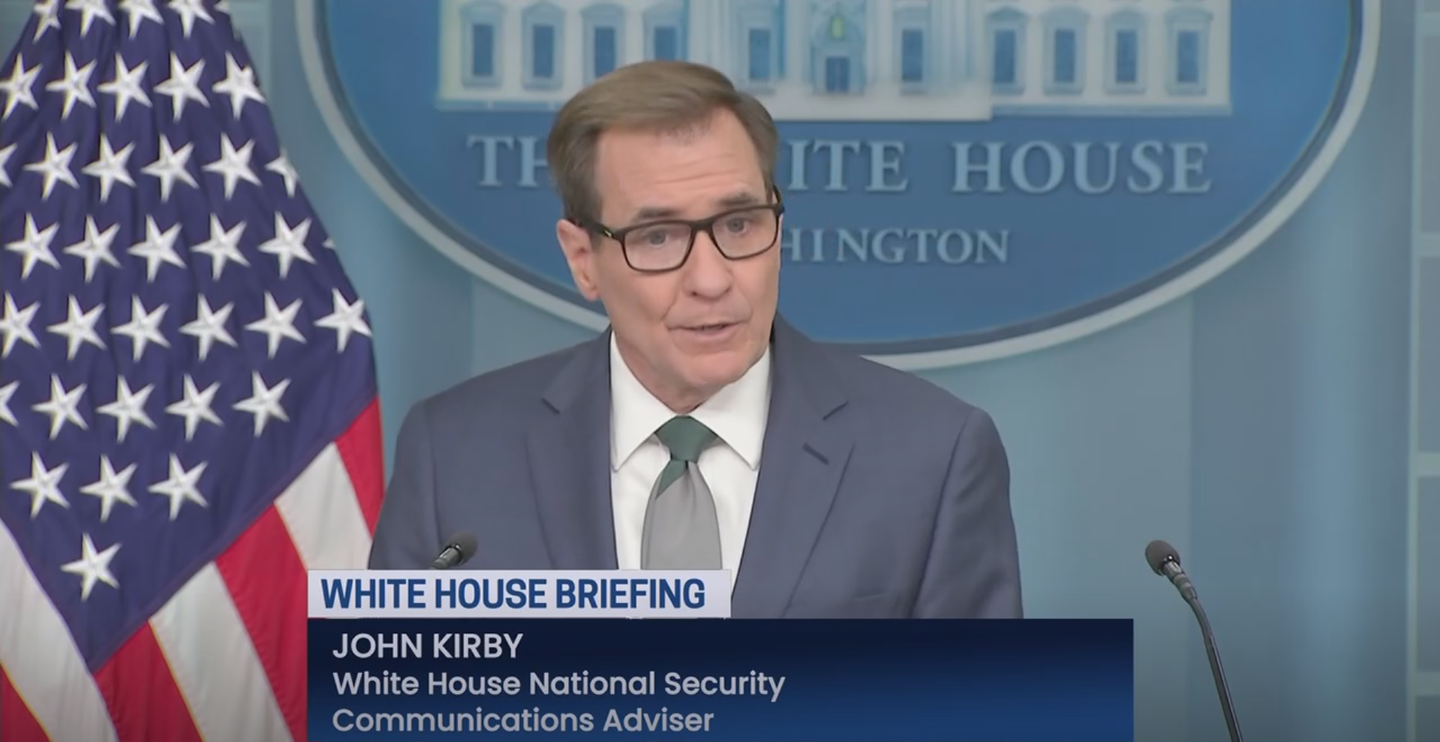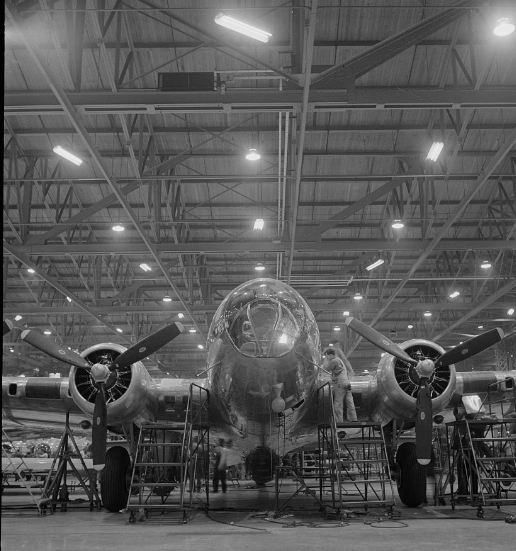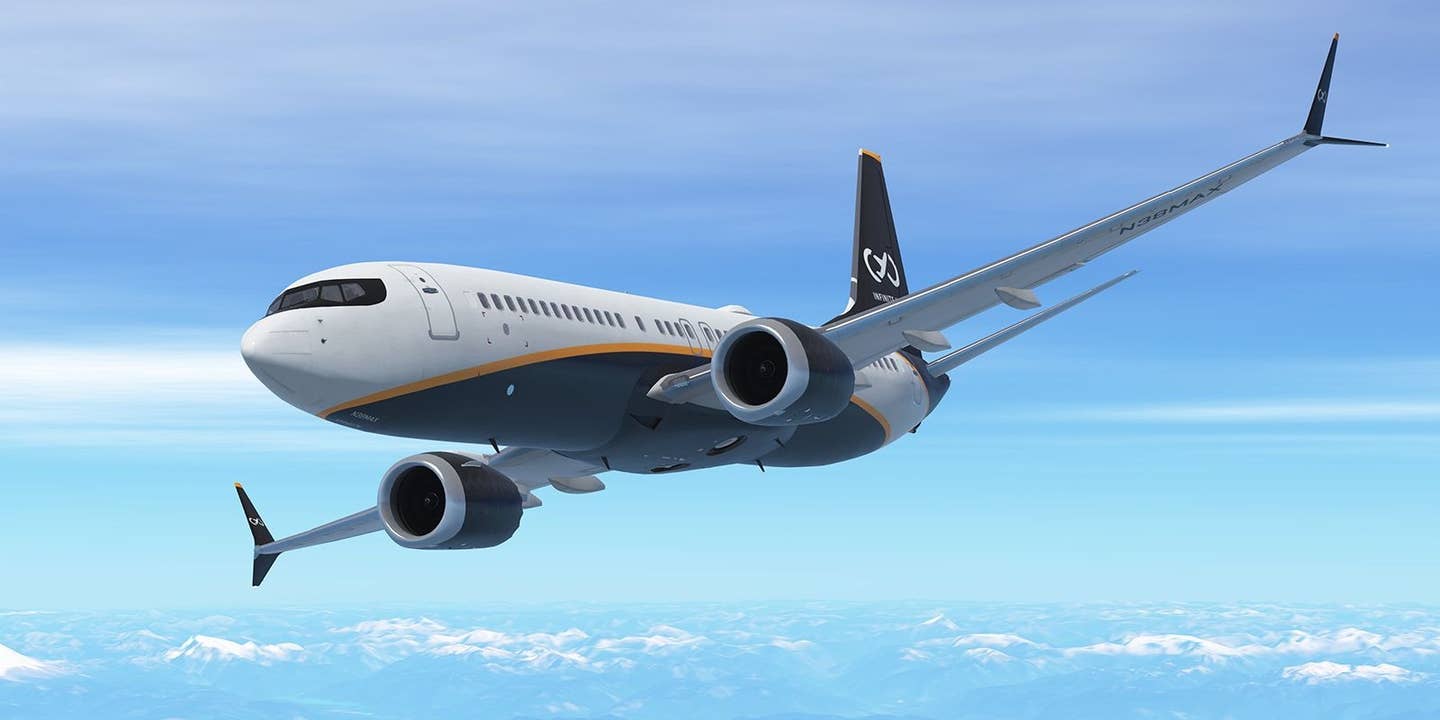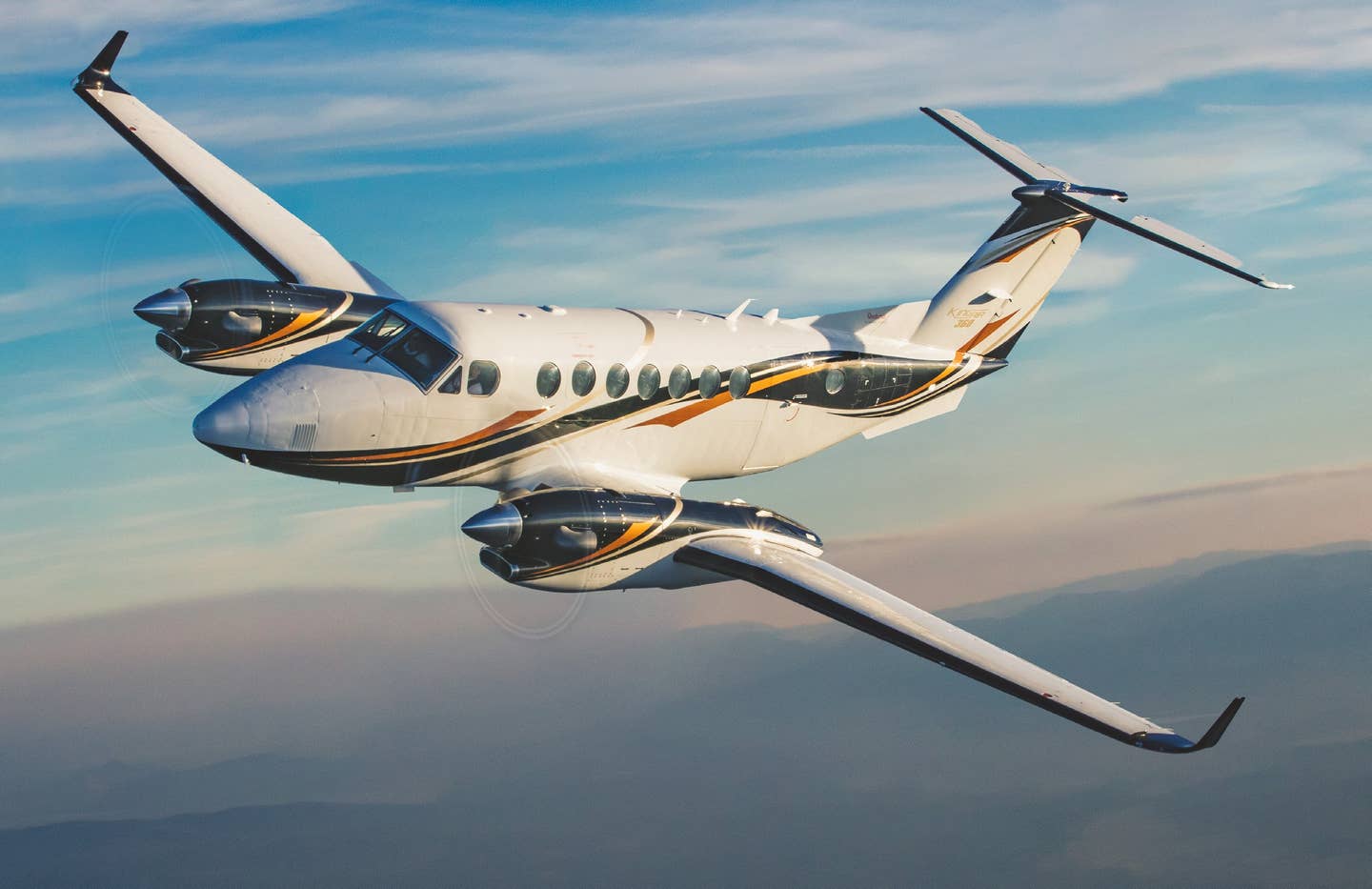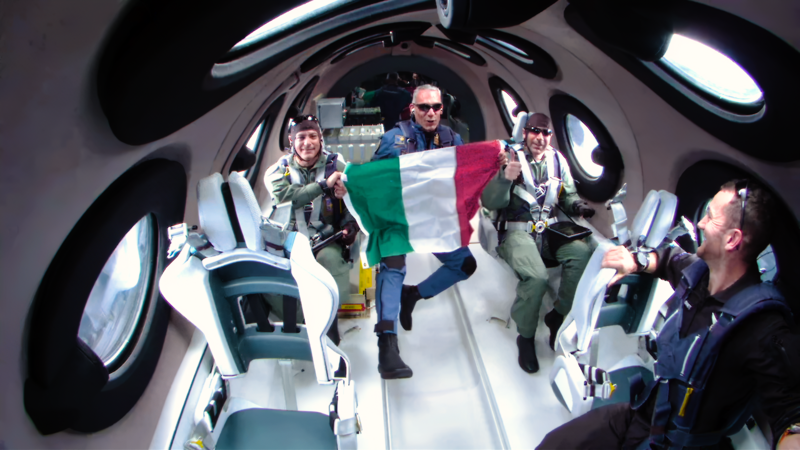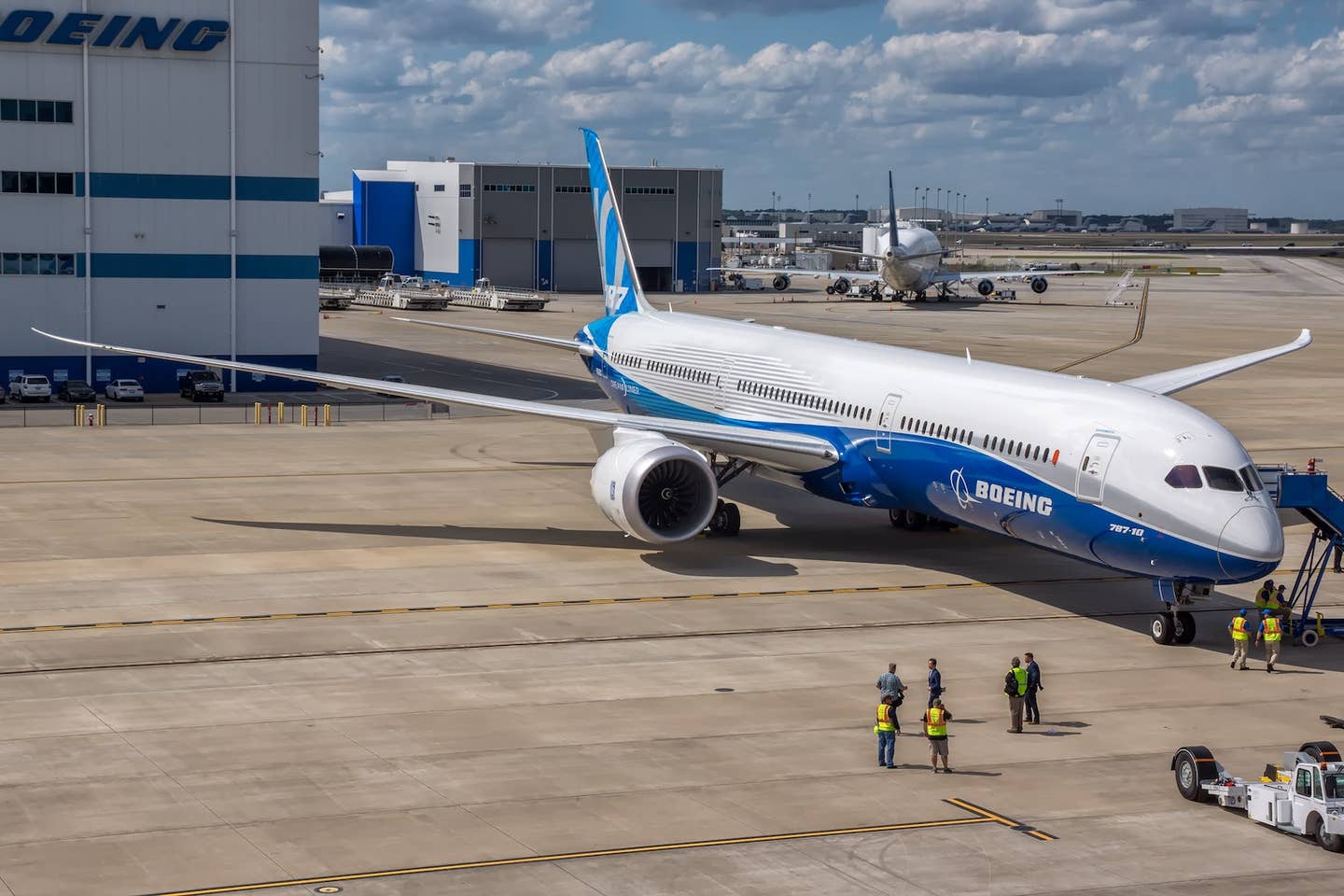Boeing Air Taxi Subsidiary Wisk Aero Acquires Verocel
The acquisition is intended to speed up the certification process for Wisk’s self-flying Generation 6 electric vertical takeoff and landing (eVTOL) air taxi.

The acquisition of Verocel and its software verification and validation technology is intended to aid in type certification of Wisk’s self-flying Generation 6 air taxi. [Courtesy: Wisk Aero]
Wisk Aero, the electric vertical takeoff and landing (eVTOL) air taxi subsidiary of aerospace manufacturing titan Boeing, this week made an acquisition intended to speed up the certification process for its self-flying Generation 6 design.
The manufacturer on Tuesday announced the acquisition of Verocel, a software verification and validation (V&V) company focused on the certification of aerospace software—with a particular focus on autonomous designs. Unlike competitors such as Archer Aviation or Joby Aviation, which plan to fly autonomous in the future, Wisk intends for its Gen 6 to fly itself at launch.
Verocel’s flagship offering, VeroTrace, assists manufacturers with software certification definitions, tracking, and submissions to the FAA. Wisk intends to use it to support Gen 6 certification, but it said the software may also be used in “future software development projects for Boeing.” In addition, more than 50 Verocel engineers based in Massachusetts and Poland will join Wisk.
“High-integrity software development is critical for our mission to certify an autonomous, electric aircraft, with V&V being a significant portion of the total software certification effort,” said Brian Yutko, CEO of Wisk. “Verocel’s specialized and talented team will bring with them deep experience and rigor, helping to accelerate our autonomous certification project that is already well underway.”
According to Verocel, team members have extensive knowledge of Software Considerations in Airborne Systems and Equipment Certification, or DO-178C—a document used by regulators including the FAA, European Union Aviation Safety Agency (EASA), and Transport Canada to approve commercial aerospace software.
The company is part of several aerospace industry standards committees including a special committee within the Radio Technical Commission for Aeronautics (RTCA), the EUROCAE Working Group, and the FAA’s Overarching Properties Working Group. Over the course of 25 years and more than 160 projects, it has performed work for Boeing and GE Aerospace, among others.
“Not only is this a chance to directly apply our expertise to the certification of a groundbreaking technology, but this is also an incredible opportunity for Verocel talent to excel within Wisk and the broader Boeing ecosystem long term,” said Jim Chelini, president of Verocel.
Beyond V&V, Verocel also develops the safety computers used in the FAA’s Wide Area Augmentation System (WAAS), which is intended to improve the accuracy and availability of global positioning systems (GPS). WAAS allows an aircraft to rely on GPS for all phases of flight, including vertical landings.
Wisk is staring down a more rigorous certification process than its competitors, and the acquisition of Verocel is intended to get the ball rolling faster. The manufacturer aims to introduce the Gen 6 before the end of the decade in markets such as Los Angeles and the Greater Houston Area, where it is developing a vertiport hub at Sugar Land Regional Airport (KSGR).
Like this story? We think you’ll also like the Future of FLYING newsletter sent every Thursday afternoon. Sign up now.

Sign-up for newsletters & special offers!
Get the latest FLYING stories & special offers delivered directly to your inbox

